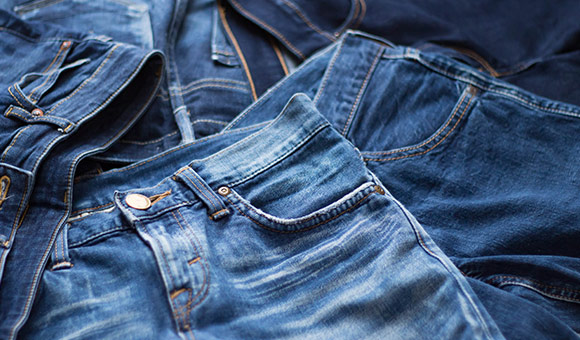
Polycup crosslinking resins are formaldehyde-free, water-based resins that are reactive with amine, carboxyl, hydroxyl and thiol functionality. They promote water resistance in polymer systems that are typically water-soluble or water-sensitive. Polycup resins are commonly used to produce filtration media, cellulose meat casings, adhesives, inks and top-coatings.
The environmentally friendly resins also impart toughness to formulations and improve adhesion to low surface energy substrates. They’re a safe and environmentally responsible alternative to traditional crosslinking resins; Polycup resins contain no formaldehyde, VOCs, APEs/NPEs or SARA 313 components.
Polycup resins provide benefits such as:
- Improved adhesion
- Improved durability and strength
- Enhanced flexibility
- Greater water resistance
Application Considerations
Polycup resins are available for industrial, indirect food contact and direct food contact applications. When you plan to use polymer resins, keep these considerations in mind:
- Polycup resins typically require temperatures from 80˚C to 150˚C for effective crosslinking; at lower temperatures, the resin requires longer time to set.
- Resins work over a broad pH range, with optimum performance between pH 7 and pH 9.
- You can extend the shelf life of formulas containing a Polycup resin by lowering the pH, temperature or Polycup resin concentration.
- Typical dosage rates (dry basis) are 0.25 to 5 percent.
- Add resin to well-agitated aqueous systems; to improve blending, pre-dilute with water using an in-line static mixer.
More Information
To learn more about Polycup crosslinking resins, or if you would like free technical advice on your specific application, ask a Solenis expert today.
